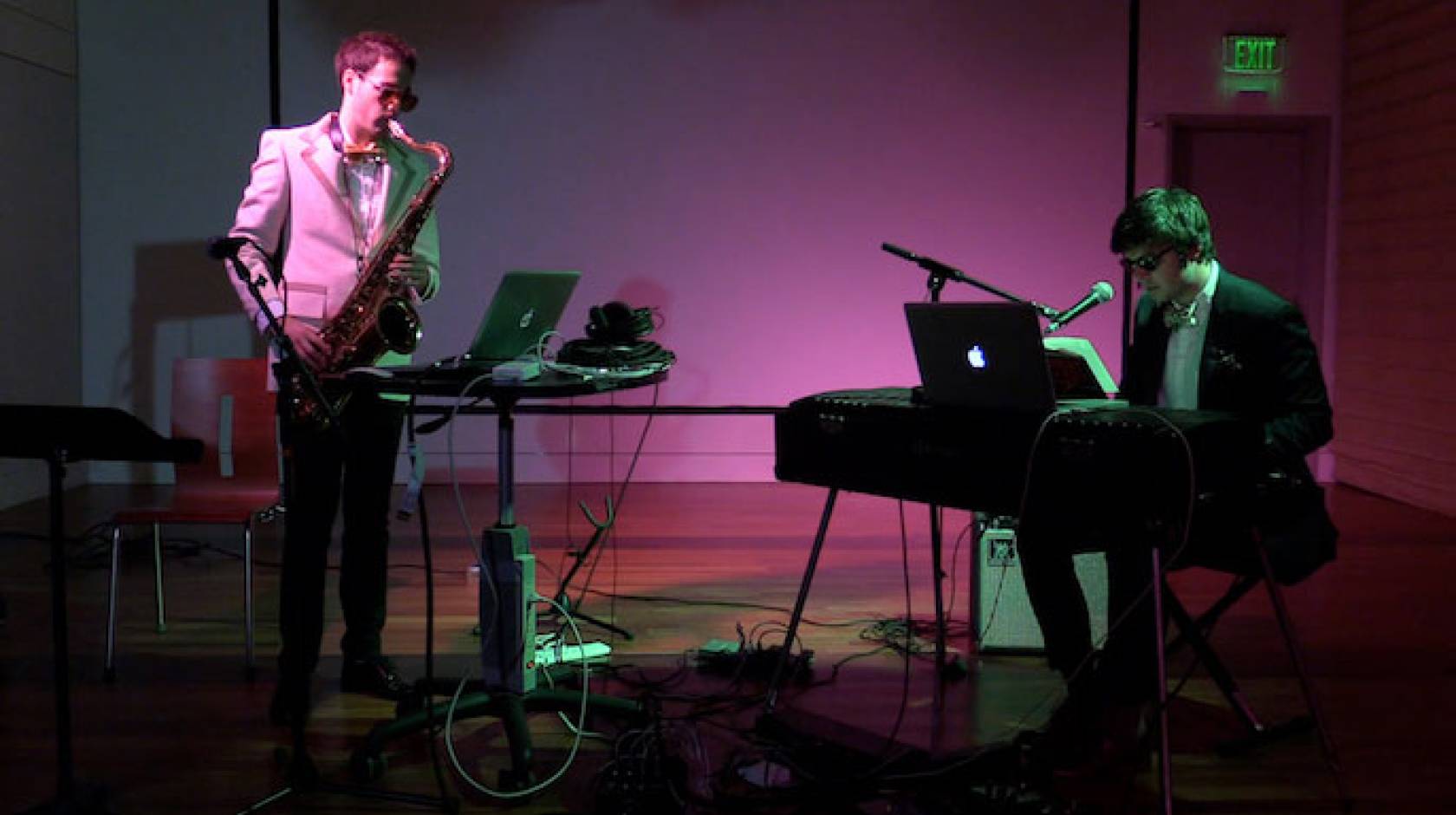Brian Back, UC Newsroom

The bulk of entrepreneurs emerging from leading universities are scientists and engineers. These so-called “left-brainers” are celebrated problem-solvers — logical thinkers with an enviable attention to detail.
But with all-consuming digital technologies shifting society toward greater visualization and collaboration, forward-thinkers are recognizing the right brain’s equally vital role in innovation.
The premium placed on creativity is so high in Silicon Valley, for example, media are now chronicling a trend of tech leaders microdosing hallucinogenic drugs and flying to Peru for sacred Ayahuasca ceremonies.
There are safer and smarter ways to support “creative entrepreneurship.”
In addition to its world-changing innovations in health care, technology and clean energy, the University of California is investing in a new generation of entrepreneurs across its esteemed arts, humanities and social sciences programs.
New interpretations of the classics
Few iconic seaside towns hold up a creative vibe as well as Santa Cruz, where UC arts students David Kant and Andrew Smith have found both a local and global audience for their company Indexical, which promotes and produces experimental music.
Part independent record label, part publishing house and part concert series, Indexical connects composers and musicians for longer-term forays into new music projects “that lie outside the financial and aesthetic boundaries of major contemporary music institutions,” according to their web site.
In late February, Indexical released its second album, a debut from the Happy Valley Band on which Kant plays saxophone. The album, which “unmixes” iconic pop and rock recordings ranging from “Suspicious Minds” to “Born to Run” and transcribes them for individual performers in the band, also doubles as Kant’s dissertation.
Kant and Smith are both composers who met in 2009 while volunteering at a Brooklyn, NY, music venue. The pair eventually gravitated to UC Santa Cruz to pursue their creative passions.
Kant said a focus of the UC Santa Cruz Art program is on professional development as opposed to just academic development. That’s translated into support for getting their work out into the world, Smith added.
State of the arts
Among the bevy of UC incubators, accelerators and proof-of-concept programs buoyed by $22 million in funding from Assembly Bill 2664 signed last fall by Gov. Brown, UC Santa Cruz is unique in dedicating part of its $2.2 million share to entrepreneurship in the arts.

Credit: Courtesy image
UC Santa Cruz’s new program, dubbed IDEA Hub, engages humanities, arts and social sciences in defining societal challenges and working with scientists, engineers and economists on solutions. It advances these collaborative projects by providing work spaces, mentors and proof-of-concept grants. In addition, a new Internship for Creative Entrepreneurship will provide arts students from various digital arts fields with entrepreneurial training.
“Creative entrepreneurship” in the arts is the focus of newly appointed UC Santa Cruz Arts Division Dean Susan Solt, who first put that expression on the map through a popular course she developed at the California Institute for the Arts. Now, she is literally writing the book on it (working title: “Da Vinci’s Mindset: Your Companion Guide to A Life of Purpose in the Arts”).
Solt got her own start in creative arts by virtue of an entrepreneurial internship in the movie production business. It checked out: Solt eventually climbed the ranks to produce award-winning 1990s feature films for Warner Bros., including “Doc Hollywood” and “Presumed Innocent.”
Solt said she came to UC Santa Cruz because she was reassured she could make a difference not only in how UC Santa Cruz embeds creative entrepreneurship throughout the entire arts curriculum but also in how the United States exports its arts innovation globally.
“Your skill set can be applied in a variety of ways if you open your mind to them and the world is accepting of that,” she said. “Our current generation of students is enterprising, fearless and deeply committed to values.”
Solt emphasized creative entrepreneurship is not another movement seeking to commercialize art but rather a tool to empower its creators, or as she put it, “give artists agency,” as students Kant and Smith exemplify.
The new dean said she is excited to work across the university system and with other departments on innovation entrepreneurship, citing multidisciplinary efforts such as the merging of computer science and creative arts in Funomena, a game studio led by UC Santa Cruz arts professor Robin Hunicke.
Funomena recently released the virtual reality game Luna, wherein users are challenged to solve puzzles that let them rebuild a serene forested world that is inhabited by an owl, a songbird and a turtle — activities inspired by Hunicke’s belief that games can not only have a positive impact on the world, they can even heal grief and emotional trauma.
Credit: University of California

